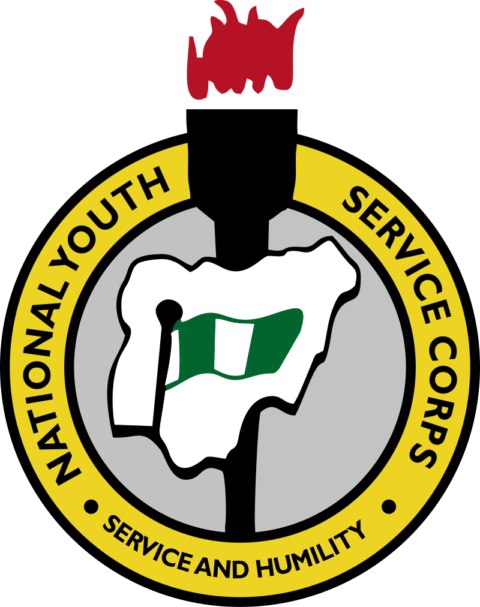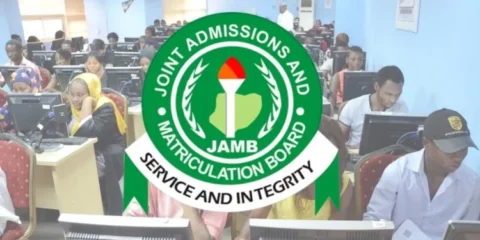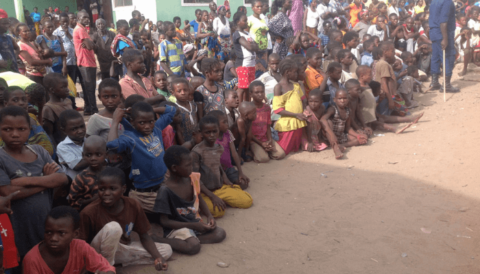The National Vice President of the Literacy Promotion Association of Nigeria (LiPAN), Prof. Ibiere Ken-Maduako, has expressed deep concern over the persistent underfunding of university education and other public schools across Nigeria, stressing that the situation undermines the nation’s educational foundation. She noted that many of the elites being celebrated today are products of public universities, making it imperative to revive the system.
Speaking with Our Correspondent in Port Harcourt, Prof. Ken-Maduako — who also serves as the Dean of the Faculty of Humanities at Ignatius Ajuru University of Education (IAUE), Rumuolumeni, Port Harcourt — described the state of public universities as dire, citing chronic underinvestment and neglect. She commended the Port Harcourt-based online media outlet, PH Mundial Newspaper, for consistently highlighting the crisis in Nigeria’s education sector.
According to her, Nigeria’s public universities are battling a severe funding crisis that threatens their core purpose. She referenced multiple assessments by the National Universities Commission (NUC), which identified inadequate funding, infrastructural decay, staff shortages, weak research capacity, and poor university-industry linkages as key challenges crippling the sector. She added that subventions from both federal and state governments remain grossly insufficient, forcing institutions to depend on irregular revenue sources, external donors, or increased tuition fees.
“Students themselves are being squeezed,” she lamented. “In campuses across Port Harcourt and Calabar, media reports indicate that the soaring cost of transportation, accommodation, and food is already affecting students’ attendance, performance, and mental well-being.” She described the situation as “untenable for any system aspiring to global competitiveness.”
Prof. Ken-Maduako applauded PH Mundial Newspaper for its sustained editorial focus on university education issues, emphasizing that consistent media attention is vital to driving policy change. The professor of Pragmatics in Communication further urged the federal and state governments to grant universities greater autonomy to manage resources, generate income, and strengthen partnerships with industries and international organizations.
She stressed that student welfare must remain a top priority, noting that issues such as transport, accommodation, mental health, and basic living expenses cannot be overlooked if genuine learning is to thrive.
Calling for a collaborative approach, Prof. Ken-Maduako proposed the creation of a multi-stakeholder task force—comprising governments, universities, students, labour unions, civil society groups, and the media—to track reform implementation and publish progress reports regularly.





